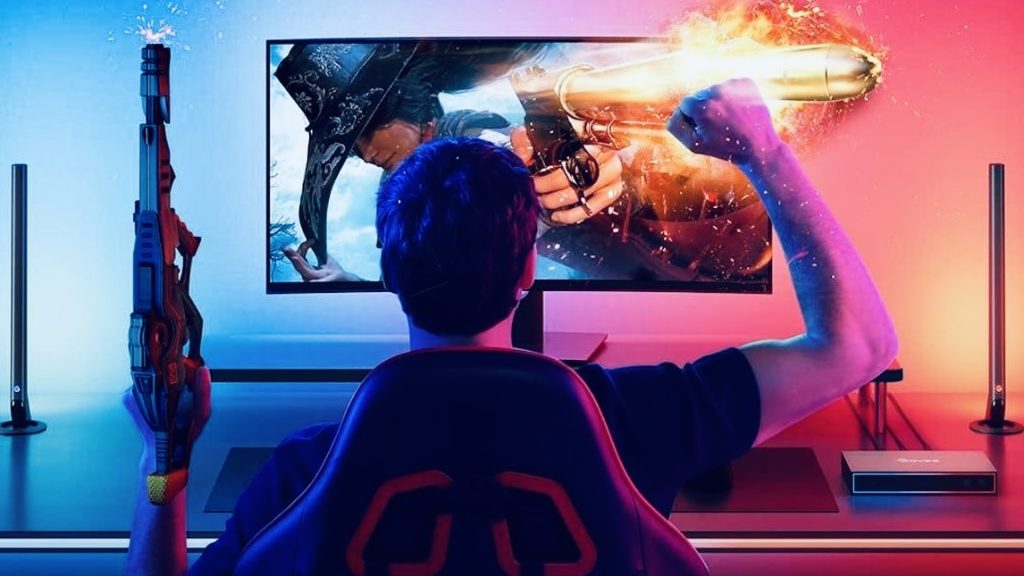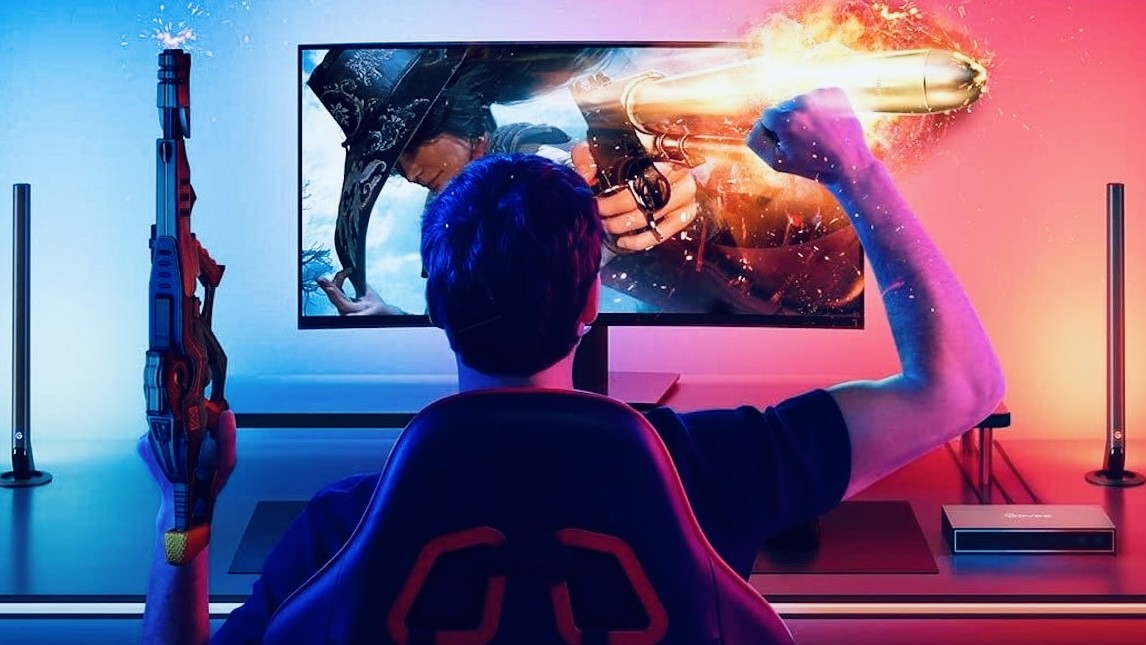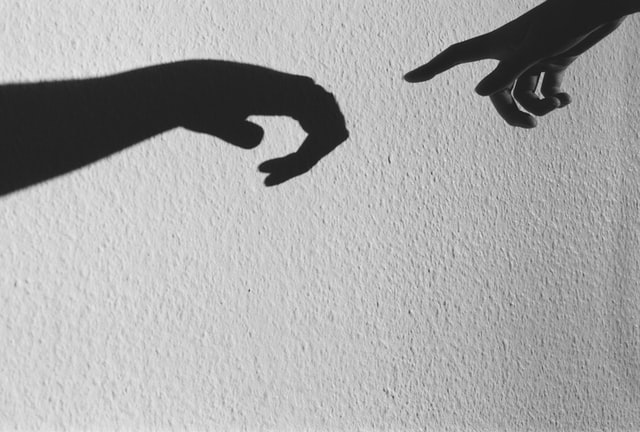“How to Get Better at Gaming Fast: Skills, Tips, and Pro Tricks for Every Player
You are sitting in front of the screen. The room is dimly lit, your hands hover over the keyboard or controller, and a quiet intensity fills the space. The game has just begun, and so has the silence… not outside, but inside you. All distractions fade. The only thing that matters is what is on the screen. A mission. A challenge. A goal.

In this moment, the world of the game becomes your own. You are no longer just playing. You are reacting, thinking, adapting. Every movement, every decision, every mistake feels immediate. Some players panic under this weight. Others find clarity. Why?
Because success in gaming is not a matter of luck or quick fingers alone. It is something deeper… the way you think, how you respond to failure, what you notice that others do not, and how you use time not just to play but to improve.
Many people play for fun. Some play for recognition. A few play to win. But most players, whether they are professional esports athletes or highly skilled casual players, share one thing: they treat every match as a space for learning. They understand that progress is built in the small, unseen moments… when no one is watching, when the camera is off, and it is just you and your will to keep going.
You do not need expensive equipment or supernatural talent to get better. You need perspective. The mindset that every second in the game is an opportunity. That even a bad game, when examined honestly, is more valuable than a lucky win. That success is built not from the wins you post online, but the quiet hours of training you do when no one is there to cheer you on.
This is not about becoming perfect. It is about becoming aware… of your habits, your thinking, your mechanics, your strengths, your weak points. And using all of that to grow. Because in gaming, just like in life, success is not a destination. It is the way you choose to play.
Build the Right Mindset
Learn from Every Game
Improvement begins when you stop playing just to win and start playing to understand. Even a short match can reveal a weakness, a habit, or a missed opportunity. After each session, take a moment to reflect. Ask yourself simple questions: What worked? What failed? Why? This habit will train your awareness faster than any guide or tutorial.
Embrace Mistakes
Many players fall into the trap of blaming the game, the lag, or their teammates. But growth starts when you take responsibility. Every error is a signal. A missed shot may point to timing, bad positioning, or panic. Notice it. Accept it. Fix it. As Bruce Lee once said, “Mistakes are always forgivable, if one has the courage to admit them.”
Be Patient with Progress
Some players level up fast. Others take longer. But speed is not the measure of success, direction is. Focus on long-term development. Daily small steps, like mastering one mechanic or trying a new strategy, compound into noticeable improvement.
⸻
Master Game Fundamentals
Understand the Core Mechanics
Before learning advanced tactics, you need to understand how the game actually works. Know your character, class, or unit. Understand cooldowns, hitboxes, resource systems, and movement types. For example, in a fighting game, frame data can make the difference between landing a combo or getting punished.
Know the Meta, but Play Your Style
The meta (most effective tactics available) matters, especially in competitive games. But copying others blindly without knowing your strengths will limit your potential. Study the meta, but adapt it to your way of thinking. Great players often twist standard strategies to fit their strengths.
Optimize Your Settings
A smooth game experience reduces distraction. Take time to adjust your sensitivity, keybindings, and interface. Turn off unnecessary effects that slow you down. What looks cinematic may not always be helpful. Performance is clarity. Even small improvements in control lead to faster reaction and better confidence.
⸻
Strengthen Mental and Physical Habits
Practice Like an Athlete
Gaming, especially at high levels, is mentally exhausting. Create a training routine just like athletes do. Warm up with aim trainers, positioning drills, or reaction exercises. Set goals for each session. Track progress weekly.
Take Breaks Without Guilt
Playing for hours without rest may feel like dedication, but it harms focus and health. Take short breaks every hour. Stand up, stretch, breathe. Studies show that short, regular pauses improve memory, attention, and decision-making.
Maintain Your Body
Sleep and hydration matter more than most gamers think. Your brain processes inputs, predictions, and reactions. Poor sleep adds lag to your thinking. Try sleeping at regular times. Drink water while playing. Eat something nutritious before long sessions. Your body is your first gaming device.
⸻
Use Feedback and Community
Watch Replays of Yourself
Many games offer replays. Use them. Look at your positioning, timing, and choices. Did you tunnel on one target? Did you miss a safe escape? Seeing yourself from a neutral angle removes ego and helps you identify real patterns.
Seek Constructive Feedback
Find communities that value growth. Ask experienced players to review your clips. Be specific in your questions: “Was my timing off here?” or “Is there a better rotation?” Most skilled players are willing to help if they see you are serious about learning.
Join a Team or Practice Group
Even if you are a solo player, finding a training group builds accountability. Teams offer structure, shared learning, and new perspectives. You will gain more from one hour with good teammates than five hours of aimless solo play.
⸻
Think Strategically, Play Adaptively
Stay Aware of the Map
In many games, players lose not because of poor aim, but because they forget the bigger picture. Always keep an eye on your surroundings, objectives, and enemy movements. A good player plays the moment. A great one sees what is coming next.
Adapt, Don’t Repeat
If the same strategy fails three times, change it. Predictability is a weakness. The best players adapt mid-game. They notice how others behave and respond in real time. As Sun Tzu wrote in The Art of War, “Water shapes its course according to the nature of the ground over which it flows… so in war, the way adapts itself to the opponent.”
Gaming has come a long way from being just a hobby or a way to pass time. What once lived in the corners of arcades and bedrooms now fills stadiums, streaming platforms, and classrooms. Competitive gaming is taught, studied, and lived. But even beyond the stage lights and digital fame, the heart of gaming remains unchanged — a personal space where people learn, struggle, improve, and sometimes discover who they are.
When you dedicate yourself to getting better at a game, you are not just training your fingers. You are building discipline, focus, and patience. You are learning to lose with grace and win with humility. You are shaping the way you think under pressure, how you make decisions with limited time, and how you respond when plans collapse.
Many thinkers and educators have begun to recognize the value of this space. James Paul Gee, a professor of education, once said that good video games are “deep learning systems.” He argued that they teach problem-solving, systems thinking, and motivation in ways traditional methods often fail to do. In the right hands, a game becomes a tool for personal growth.
The beauty of this journey is that it belongs to you. You define what success means. For some, it is climbing to the top of ranked ladders. For others, it is overcoming a fear, forming lasting friendships, or creating content that inspires others. There is no one way to win. The only real failure is when you stop trying.
Time changes how we see games. What once felt like just a match becomes a memory. A season of effort becomes a story. A frustrating loss becomes a lesson you now teach others. Games grow with us. And if we allow it, they help us grow too.
So the next time you sit down to play, remember, you are not wasting time. You are shaping something. Maybe not something the world can see. But something real. Something strong. And maybe, just maybe, something that lasts long after the game is over.






